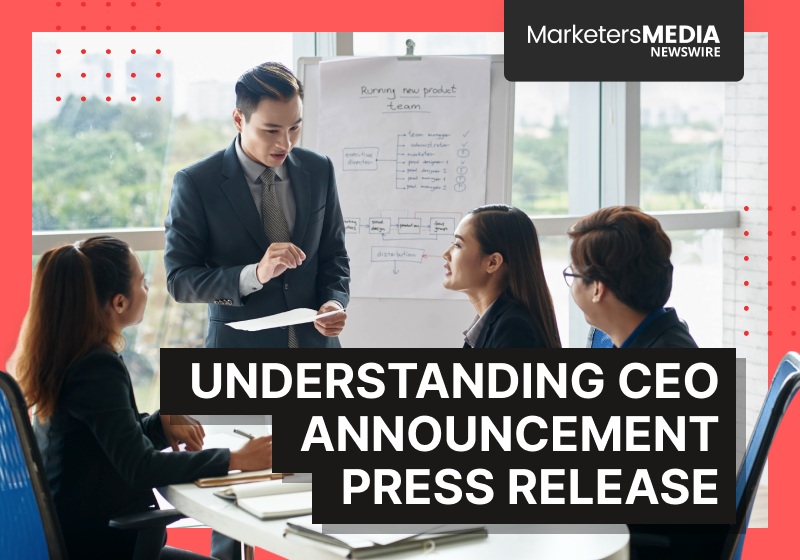Table of Content
No headings found.
Event Planning Essentials
Importance Templates
Using event planning templates is crucial for efficient organization and time management in event planning, teams, project, timeline view, and action items. Templates offer a structured framework that saves time by providing a pre-designed layout for various tasks. They enhance organization by offering a systematic approach to planning.
Templates play a significant role in improving efficiency during event planning processes. By having predefined sections for different aspects of an event, templates help planners focus on essential details without getting overwhelmed. This ensures that all necessary components are considered, contributing to successful event execution.
Benefits Templates
Event planning templates offer a plethora of benefits to organizers. One key advantage is their assistance in budget management, as they provide sections to allocate funds for different aspects of the event. This helps in keeping track of expenses and ensuring that the event stays within budget constraints.
Templates also ensure consistency in event planning by providing a standardized format for organizing information. Consistent use of templates across multiple events helps maintain uniformity in the planning process, making it easier to replicate successful strategies and avoid past mistakes.
Streamlining Process
Templates streamline the event planning process by offering a structured approach to organizing tasks and details. They provide a clear outline of what needs to be done, when it should be completed, and who is responsible for each task. This clarity reduces confusion and enhances productivity.
The efficiency gained through utilizing templates lies in their ability to create a roadmap for the entire event planning journey. By breaking down the process into manageable sections, planners can tackle one task at a time, leading to smoother coordination and execution of the event.
Ensuring Execution
Event planning templates are instrumental in ensuring the smooth execution of events by helping organizers keep track of tasks and deadlines. Templates act as guiding tools, reminding planners of upcoming deadlines and highlighting pending tasks that need attention.
Types of Templates
Planner Template

An effective event planner template should include sections for tasks, deadlines, and contacts. It helps in organizing tasks efficiently. Customization allows tailoring the template to specific event needs.
A planner template is crucial for keeping track of various tasks involved in event planning. It ensures nothing gets overlooked and all aspects are well-coordinated. Customizing the template according to the event's requirements and plan enhances its effectiveness.
Schedule Template
A well-structured schedule template outlines event timelines, activities, responsibilities, and plan clearly. It aids in time management by allocating specific time slots for each task. Schedule templates play a vital role in ensuring smooth coordination during the event.
Having a schedule template helps in plan, prioritizing tasks, and managing time effectively. It prevents overlapping activities and ensures everything runs seamlessly on the day of the event using a template. Coordinating various activities becomes more manageable with a structured schedule.
Marketing Timeline
A marketing timeline is essential for planning promotional activities leading up to the event. It assists in strategizing marketing efforts effectively within set timelines. A marketing timeline plays a crucial role in reaching out to a wider audience and maximizing event exposure.
Creating a marketing timeline helps in scheduling social media posts, email campaigns, and other promotional activities strategically. It ensures consistent promotion across different channels leading up to the event date. Maximizing outreach through targeted marketing strategies becomes achievable with a well-planned timeline.
To-Do List

Using a comprehensive to-do list helps in staying organized and focused on essential tasks. It ensures that no task is forgotten or left incomplete during event planning. Prioritizing tasks based on urgency or importance becomes easier with a detailed to-do list.
To-do lists aid in breaking down complex tasks into smaller, manageable steps, making them less overwhelming. Regularly updating and revising to-do lists help in adapting to changing priorities and ensuring nothing falls through the cracks. Revisiting the list regularly keeps tasks on track and contributes to successful event execution.
Managing Details
Event Information
Event information serves as the backbone of any successful event, encompassing crucial details such as date, time, location, and agenda. This section acts as a guide for attendees, offering clarity and direction. By providing clear event information, organizers ensure that attendees are well-informed and prepared for the occasion. Setting expectations through detailed event information helps in managing attendee anticipation and excitement.
Vendor Coordination
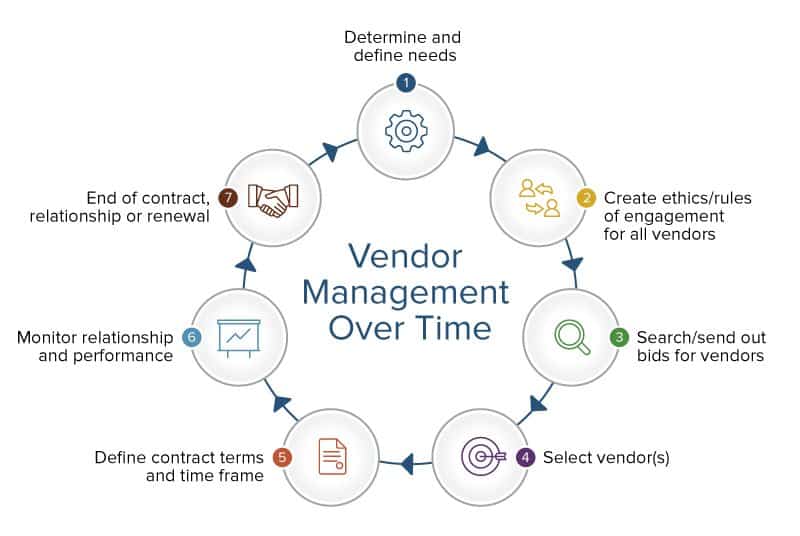
Effective vendor coordination is paramount in ensuring seamless event execution. Templates play a vital role in streamlining communication with vendors by outlining logistical details, requirements, and deadlines. They serve as a reference point for both parties, enhancing efficiency and reducing misunderstandings. Vendor coordination directly impacts the quality of services and products at an event, contributing significantly to its overall success.
- Streamlined communication
- Clarity on requirements
- Timely delivery of services
Guest Management
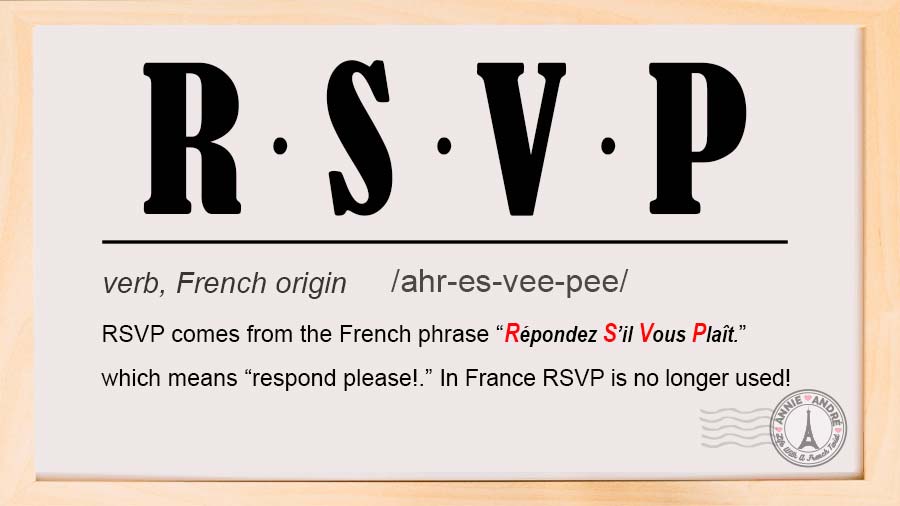
Managing guests effectively involves various aspects such as RSVP tracking, dietary preferences, and special accommodations. Guest management templates simplify the process by organizing details like guest lists, seating arrangements, and contact information. These templates enable organizers to track responses efficiently and ensure a smooth check-in process during the event. Providing personalized experiences for guests enhances their satisfaction levels and fosters positive feedback.
- Efficient RSVP tracking
- Personalized experiences
- Smooth check-in process
Scheduling Tools
Calendar Template
Using a calendar template for event planning offers numerous benefits. It provides a visual overview of tasks, deadlines, and milestones. This aids in organizing and prioritizing activities efficiently.
Calendar templates play a crucial role in scheduling and coordination. They allow event planners to allocate specific time slots for each task using a template. By visually representing the timeline, they help in managing time effectively.
One significant advantage of calendar templates is their ability to prevent date conflicts. By having all important dates and deadlines in one place, it becomes easier to identify potential clashes and make necessary adjustments.
Timeline Creation

Creating a detailed event timeline involves several key steps. Firstly, list all the tasks required for the event from start to finish. Then, assign realistic durations to each task based on complexity and dependencies.
Setting realistic timelines is crucial for successful event execution. It ensures that tasks are completed on time without unnecessary rush or delays. A well-structured timeline helps in prioritizing tasks and allocating resources efficiently.
The role of timeline creation in ensuring event progress cannot be overstated. It serves as a roadmap for the entire planning process, guiding organizers on what needs to be done at each stage. Timelines help in tracking progress and staying on course towards the event date.
To-Do Lists Organization
Task Prioritization
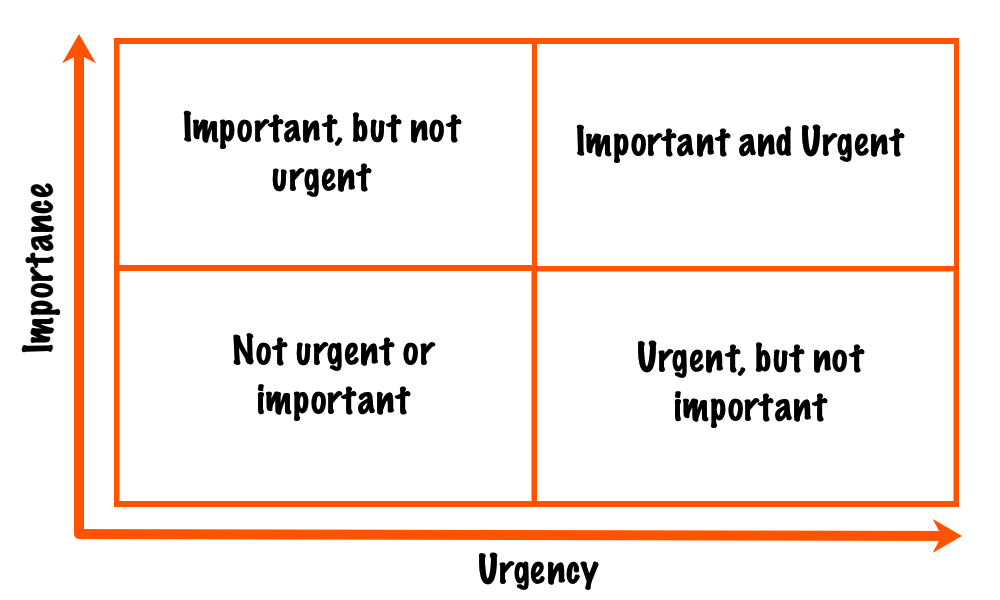
Effective task prioritization is crucial in event planning to ensure a smooth and successful execution. By prioritizing critical tasks first, such as booking venues or sending out invitations, planners can focus on essential aspects of the event. This approach minimizes the risk of overlooking vital details that could impact the overall outcome.
Prioritizing tasks also plays a significant role in meeting deadlines, as it allows organizers to allocate time efficiently based on the importance and urgency of each task. For instance, setting up technical equipment for a presentation may take precedence over arranging decorations, ensuring that key elements are in place before the event begins.
Progress Tracking
Tracking progress throughout the event planning process is essential for maintaining control and visibility over various aspects of the event. It enables planners to monitor milestones and timelines, ensuring that everything is on track for the event date. By identifying bottlenecks early on through progress tracking, organizers can address issues promptly and prevent delays.
Progress tracking also helps in staying on schedule by providing a clear overview of completed tasks and pending activities. For example, keeping track of vendor confirmations, guest RSVPs, and logistical arrangements allows planners to anticipate any potential delays and take corrective actions proactively. This proactive approach ensures that all elements come together seamlessly on the day of the event.
Proposal and Contracts
Crafting Proposals
Crafting event proposals involves outlining event details, budget breakdown, and proposed services succinctly. Emphasize key elements, such as event objectives, target audience, and unique selling points. To attract clients, showcase past successful events, testimonials, and innovative ideas in proposals.
Tailoring proposals to meet client needs is crucial for securing contracts. Highlight how your services align with the client's vision and goals. Personalize proposals by addressing specific pain points and offering tailored solutions.
Contract Template
A comprehensive contract template should include essential components like event details, payment terms, cancellation policies, and liability clauses. Clarity and specificity are vital in contracts to avoid misunderstandings or disputes later on.
Contract templates play a significant role in protecting all parties involved in an event planning process. They establish clear expectations, outline responsibilities, and provide legal protection if issues arise. Ensure contracts are detailed, easy to understand, and legally binding.
Specialized Templates
Wedding Checklist
Creating a wedding checklist involves unique considerations to ensure every detail is covered effectively. Prioritizing tasks like venue booking, catering, and guest list management is crucial. The checklist acts as a comprehensive guide for the entire wedding planning process.
Managing multiple tasks in wedding checklists helps in staying organized and on track with deadlines. From sending out invitations to finalizing decorations, each task plays a vital role in the success of the event. Breaking down tasks into smaller actionable items makes the process more manageable.
Customization is key when it comes to wedding planning checklists. Every wedding is unique, requiring personalized touches based on the couple's preferences. Tailoring the checklist to specific needs ensures that no important detail gets overlooked. Incorporating elements like theme selection and attire choices adds a personal touch to the checklist.
Evaluation Form
Using evaluation forms for post-event feedback holds significant importance in improving future events. Gathering insights from attendees helps in understanding what worked well and areas that need improvement. Evaluating aspects like food quality, entertainment, and overall experience provides valuable feedback.
Evaluation forms play a crucial role in assessing event success by measuring attendee satisfaction levels. Analyzing feedback on different aspects of the event highlights strengths and weaknesses that need attention. Identifying successful elements aids in replicating them for future events, ensuring continuous improvement.
Feedback collected through evaluation forms serves as a roadmap for enhancing future events. Understanding attendee perspectives helps in making informed decisions for upcoming occasions. Implementing suggestions and addressing concerns raised through feedback contributes to creating memorable experiences for attendees.
Integration and Apps
Recommended Apps
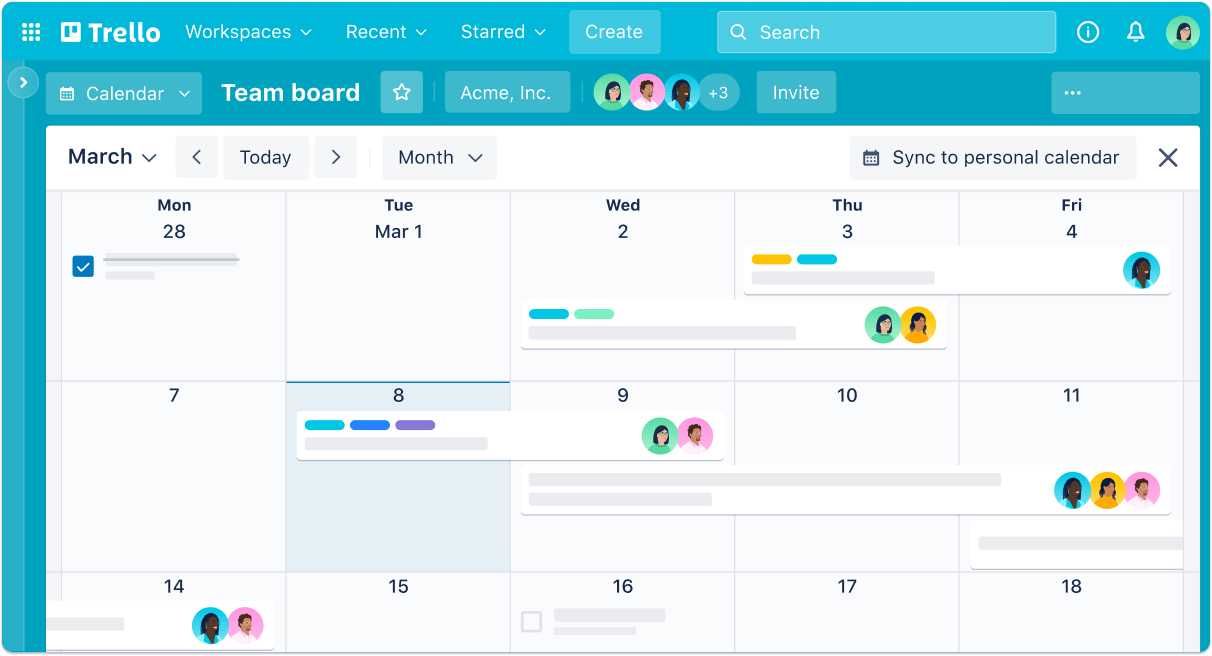
When it comes to services for event planning, utilizing top apps can significantly boost productivity. These apps offer a range of features tailored to streamline the event planning process efficiently.
One popular app is "Trello", known for its user-friendly interface and collaborative features. It allows users to create boards, lists, and cards to organize tasks effectively. The app's drag-and-drop functionality simplifies task management.
Another useful app is "Asana", which offers powerful project management tools suitable for event planning. Its customizable dashboards and task assignments help teams stay on track with deadlines and responsibilities.
"Google Calendar" is essential for scheduling and time management during event planning. It enables users to set reminders, share calendars with team members, and easily coordinate schedules.
Utilizing these apps can enhance productivity by providing clear task assignment, deadline tracking, and seamless communication among team members.
Key Features
When selecting event planning templates, certain key features are crucial for efficient organization and productivity. Customizable templates allow users to tailor layouts according to specific event requirements, ensuring flexibility in design and content arrangement.
Integration capabilities are vital for seamless coordination between different aspects of event planning. Templates that enable integration with other tools such as CRM systems or marketing platforms can enhance efficiency in data management and communication.
Moreover, collaborative features like real-time editing and commenting facilitate smooth communication among team members working on the same event. This ensures that everyone stays updated on changes and progress in the planning process.
Selecting templates with built-in budget tracking tools can also be highly beneficial. These features help monitor expenses, allocate resources effectively, and ensure financial transparency throughout the event planning stages.
Utilizing Templates Effectively
Customization Tips
Customizing event planning templates is essential to tailor them to specific needs and requirements. Personalizing templates allows for a more tailored approach to different events, ensuring all aspects are covered. Flexibility and adaptability are crucial in customization to cater to various event types.
When customizing templates, consider adjusting sections based on the event's scale, theme, or specific requirements. Incorporate relevant details such as timelines, budgets, and contacts to streamline the planning process. By customizing templates, event organizers can ensure that all essential elements are included for a successful event.
- Tailor sections based on event scale
- Include relevant details like timelines and budgets
- Ensure all essential elements are covered for success
Update Regularly
Regularly updating event planning templates is crucial to maintain their relevance and effectiveness. Keeping templates current ensures that they reflect any changes or new trends in the events industry. Updates play a significant role in improving efficiency by incorporating new tools or strategies into the planning process.
By updating templates regularly, event planners can save time and effort by avoiding outdated information or redundant steps. Ensuring that templates are up-to-date helps in streamlining the planning process and adapting to evolving needs efficiently. Regular updates also contribute to enhancing the overall quality of event organization.
- Save time and effort by avoiding outdated information
- Streamline the planning process efficiently
- Enhance the overall quality of event organization
Statistics to Back Up
According to a survey conducted by Eventbrite, 87% of event planners use event planning templates to streamline their event organization process. These templates help in creating timelines, budgets, and checklists, ultimately saving time and reducing stress for event planners. By utilizing these templates, professionals can ensure that no detail is overlooked and that the event runs smoothly from start to finish.
Another study by Cvent found that events planned using templates are 30% more likely to stay within budget compared to those planned without them. This statistic highlights the importance of having a structured plan in place when organizing an event. With the help of event planning templates, planners can track expenses, allocate resources efficiently, and make informed decisions that contribute to the overall success of the event.
Utilize Press Releases
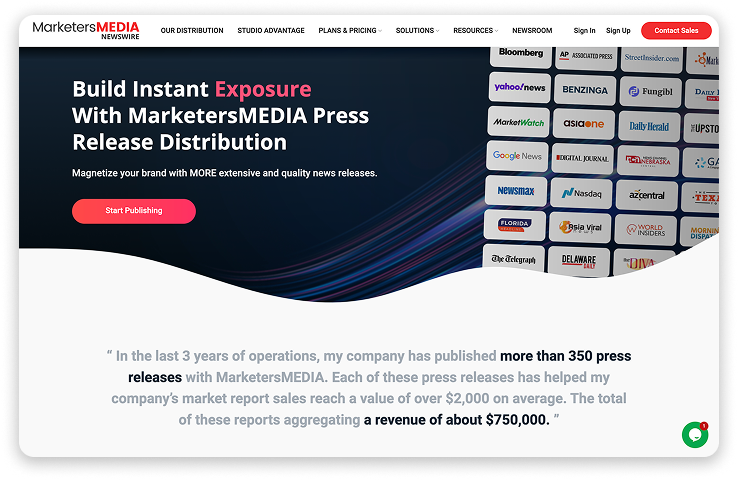
Utilize the event planning template provided to streamline your next event's organization and execution. Press releases are a powerful tool to generate buzz and attract attendees. Distributing your press release through MarketersMEDIA can help reach a wider audience and increase the visibility of your event. Be sure to include key details and compelling information in your press release to pique the interest of potential guests and stakeholders.
Summary
You've now grasped the essentials of event planning templates, learned about various types, and explored tools for managing details efficiently. By utilizing scheduling tools, organizing to-do lists, creating proposals and contracts, and using specialized templates effectively, you can streamline your event planning process. Integration with apps can further enhance your workflow. Remember, the key lies in maximizing these resources to boost productivity and ensure successful events.
Take action now! Implement what you've learned, experiment with different templates, and find what works best for you. Your next event could be your best yet with the right tools at your disposal.
Frequently Asked Questions
What are the key components of event planning templates?
Event planning templates typically include sections for budgeting, guest lists, timelines, vendor contacts, and event schedules. These components help organizers stay organized and ensure all aspects of the event are properly managed.
How can utilizing event planning templates streamline the planning process?
By using event planning templates, you can save time on creating documents from scratch, maintain consistency in your planning approach, and easily track progress. Templates provide a structured framework that guides you through each step of the planning process efficiently.
Are there specialized templates available for specific types of events?
Yes, specialized event planning templates cater to different types of events such as weddings, corporate conferences, fundraisers, or social gatherings. These templates are tailored to address the unique requirements and nuances of each specific event type.
What tools can be integrated with event planning templates for enhanced efficiency?
Event planners can integrate tools like project management software, calendar apps, communication platforms, and budgeting tools with their templates. This integration allows for seamless collaboration among team members, real-time updates, and better organization of tasks.
How can one effectively manage details using event planning templates?
To manage details effectively with event planning templates, ensure all information is input accurately and updated regularly. Use color-coding or categorization features within the template to prioritize tasks and deadlines for better organization and execution.
Free Press Release Template
Tell us where to send your PDF:






